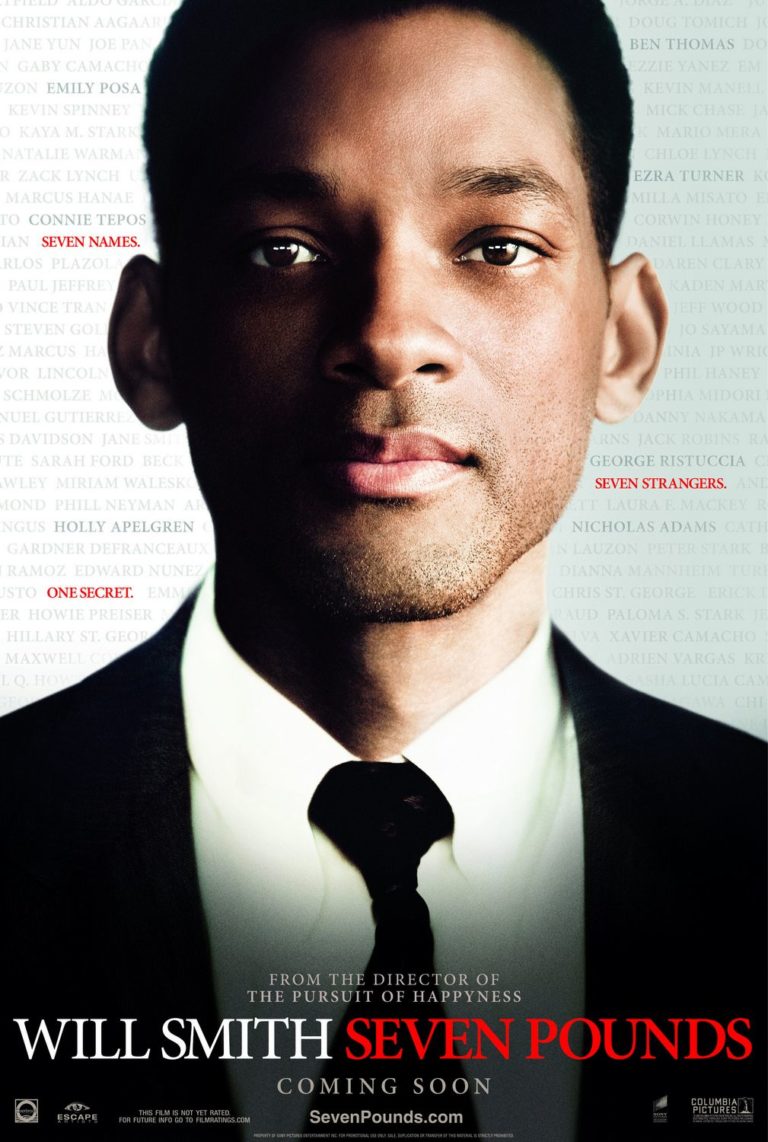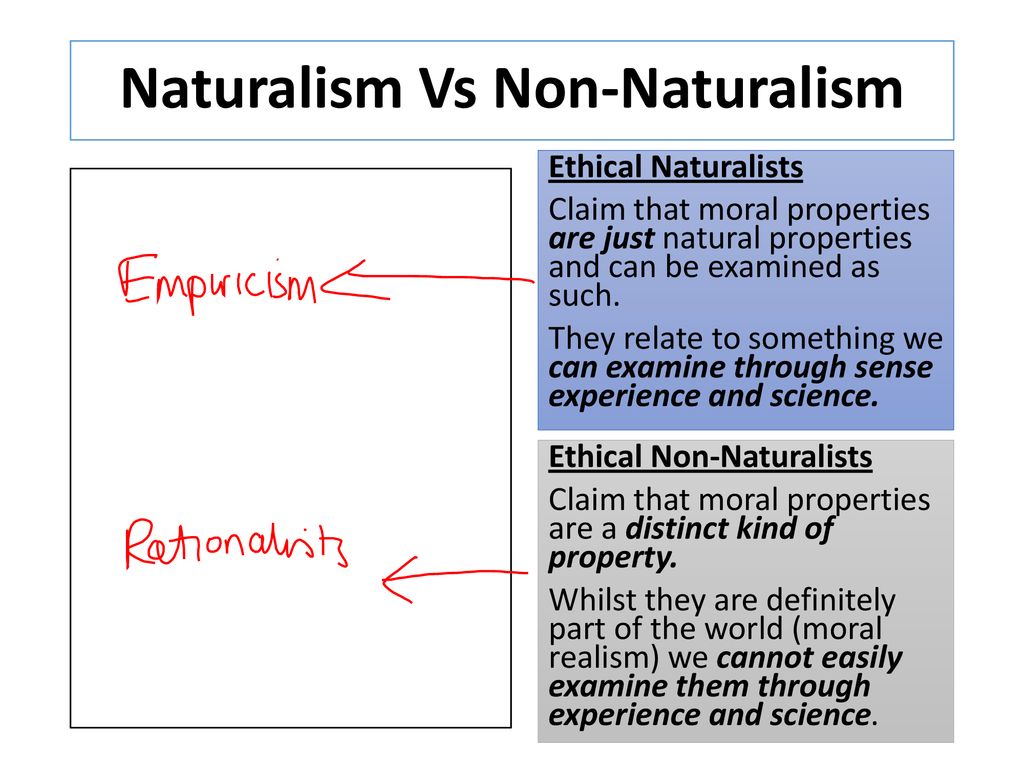by Richard Pimentel
Category: Seven Pounds
The clue is "Because you are a good person." and the answer is "How did Will Smith’s character pick his recipients?"
Category: Ethics
The clue is "I don’t know." and the answer is "What standards are used to determine a good person?"
This Jeopardy scene played out in my mind while watching the film, Seven Pounds. This 2008 film starred Will Smith as Tim Thomas (throughout the movie, he uses his brother’s name Ben, a fact revealed later in the movie), a depressed and guilt ridden man. The movie centers on a tragic event. Two years previous, Tim was driving with his fiancée, Sarah. While driving, he became distracted from using his cell phone and he caused a crash with another vehicle. Seven people died, 6 people in the other vehicle and Tim’s fiancée. Tim survived. This event produces immense guilt in Tim and he looks for redemption by transforming the lives of seven people. Tim donates a lung lobe to his brother, Ben (an IRS employee), a liver to a woman named Holly (a social services worker), a kidney to George (a hockey coach), and bone marrow to a young boy named Nicholas. In order to choose his last three recipients, Tim uses his brother’s identity, an IRS officer, to obtain private information and to enable meetings with the recipients.
He also chooses a blind meat salesman named Ezra, a victim of domestic violence, Connie, and Emily, a greeting card printer with a heart condition with whom Tim falls in love.  Tim gives his beautiful beach house to Connie so that she and her two children can escape the abusive boyfriend. Tim’s gift to Ezra and Emily came after he committed suicide in a bath tub. He died by putting a venomous box jellyfish in the tub with him. Ezra received Tim’s corneas and Emily received Tim’s heart.
There is much more that can be described about this touching film such as the last scene when Ezra and Emily meet for the first time after receiving their respective organ donations as well as the closeness that developed between Tim and Emily before Tim’s death made more poignant by Emily’s unfamiliarity with Tim’s life and objectives. The production team (director, writer, producer, etc.) deserve to be commended. Tim’s story is hard to believe but the production team made this story plausible and inspiring. The writer was inspired by meeting a man, like the main character, who carried a heavy burden due to a tragic accident. He used this inspiration to write a fantastic script.
Despite the movie’s aesthetic qualities, numerous ethical issues kept running through my mind as I watched. Seven Pounds is a great example of how the theoretical discipline of ethics leads to practical implications. As a way of getting to the ethical subtext of Seven Pounds, I will pose five questions that deserve answers. The purpose is not to wholly provide the answers to the questions but rather to provoke thought about significant ethical issues that affect everyday living.
Question #1: How do you determine a good person? The first question arose because of a seemingly trivial conversation between Tim and George the hockey coach. While George and Tim prepare for George to receive Tim’s kidney, George asks, "Why me?" Tim replies, "Because you are a good person. You may not know it but people are watching you." George is presented as a charitable person who uses his time to coach inner-city kids. Tim’s conclusion that George is good is not in dispute here. Rather, Tim’s justification for his belief is. The claim that someone is a “good person” is made on a daily basis but what justifies this belief when one makes this ethical statement? Conversely, we have all stated that someone is a “bad person”. Implicit in these claims are an appeal to some standard. One can recognize something bad if they have some idea about what is good. The movie’s writing team seems to be drawing on a shared intuition–an intuition that ethical theory attempts to understand.
Question #2: Can evolutionary ethics explain Tim’s altruism? One of the most hotly debated issues in modern ethics is evolutionary ethics. This viewpoint argues that natural selection has instilled humans with the notions of right and wrong. These notions can be explained via neo-Darwinian evolution. Evolutionary ethics places altruism into two main categories: kin selection and reciprocal altruism. The former is an evolutionary mechanism in which an individual or organism adjusts their behavior (commits acts of altruism) in order to help kin. The latter is when an individual or organism is altruistic towards another with the expectation of the act being reciprocated in the future. Can any of these explain Tim’s altruism? Tim’s altruism, with the exception of the kindness shown to his brother, did not benefit kin. In addition, it does not seem like Tim was looking for reciprocation.
Question #3: Does Tim’s end justify his means? The means in question is his impersonation of an IRS officer (he stole his brother’s IRS credentials), accessing private databases illegally, and committing suicide. He lied about his identity to be able to meet some of his recipients while he obtained the ability to look up private and sensitive financial information in order to advance his plan. He committed suicide to provide his heart and eyes for his last two recipients. If this is a case in which Tim’s false identity and suicide is morally acceptable, then where should the line be drawn to achieve the desired moral outcome? I am not arguing that Tim’s goal does or does not justify the means by which he achieved it. Rather, his actions seem intuitively misguided as much as we might respect what he did. Why?
Question #4: What would Immanuel Kant say about Tim’s actions referred to in Question #3? You may be wondering, “Why Kant?” Kant developed one of the most rigorous ethics in philosophy and his categorical imperative (CI) could not consistently be applied to actions like Tim’s. The CI, formulated in The Grounding for the Metaphysics of Morals states, “Act only according to that maxim whereby you can at the same time will that it should become a universal law.” In other words, the moral act would be right for anyone who finds themselves under similar circumstances. Moreover, the CI imposes a duty upon the moral agent irrespective of the results. What would Kant say about Tim’s impersonation of an IRS officer and Tim’s illegal use of private databases? Is it probable that Kant would disapprove of Tim’s actions despite the charitable results achieved?
Question #5: Which ethical system provides a better method for determining right and wrong? For my purpose, the contestants are deontological ethics and teleological ethics. The film seems to give equal priority to ethical duties and to consequences. On one hand, the notion that one should help another in need dominates the movie. However, on the other hand, it seems to be okay to do what it takes to achieve the desired results. The answer to this question may be a combination of both systems. Nonetheless, it is important to reflect upon this because of its practical implications.
Looking back upon the Jeopardy question in the category of ethics, “I don’t know” is an insufficient answer. To live the examined life that Socrates promoted, it is vital that we examine these questions related to ethical issues that many of us take for granted. Ethical issues such as the moral choices of a moral agent, the standards that judge the moral choices, and the worldview that offers the best explanation of right and wrong are keys to healthy thinking and living. Seven Pounds does an admirable job of raising the questions. It provides little foundation for answering them. For that task, we must turn to philosophy.








